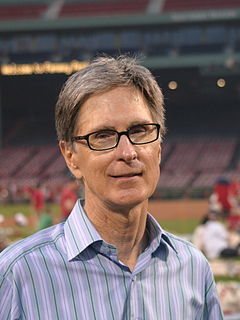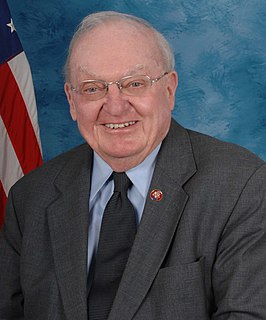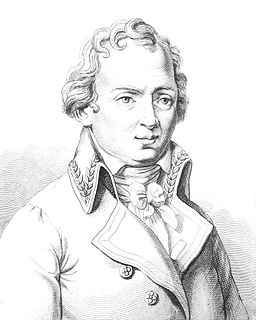A Quote by John W. Henry
Truth is, I prefer to think that I have joined the 'Globe,' not purchased it, because great institutions, public and private, have stewards, not owners.
Related Quotes
I don't like the idea of telling private business owners. I abhor racism. I think it's a bad business decision to ever exclude anybody from your restaurant. But at the same time I do believe in private ownership. I think there should be absolutely no discrimination in anything that gets public funding.
There is something fundamentally antidemocratic about relinquishing control of the public education policy agenda to private foundations run by society's wealthiest people; when the wealthiest of these foundations are joined in common purpose, they represent an unusually powerful force that is beyond the reach of democratic institutions.
[T]he crucial question is not, as so many believe, whether property rights should be private or governmental, but rather whether the necessarily 'private' owners are legitimate owners or criminals. For ultimately, there is no entity called 'government'; there are only people forming themselves into groups called 'governments' and acting in a 'governmental' manner. All property is therefore always 'private'; the only and critical question is whether it should reside in the hands of criminals or of the proper and legitimate owners.
All men, in the abstract, are just and good; what hinders them, in the particular, is, the momentary predominance of the finite and individual over the general truth. The condition of our incarnation in a private self, seems to be, a perpetual tendency to prefer the private law, to obey the private impulse, to the exclusion of the law of the universal being.



































